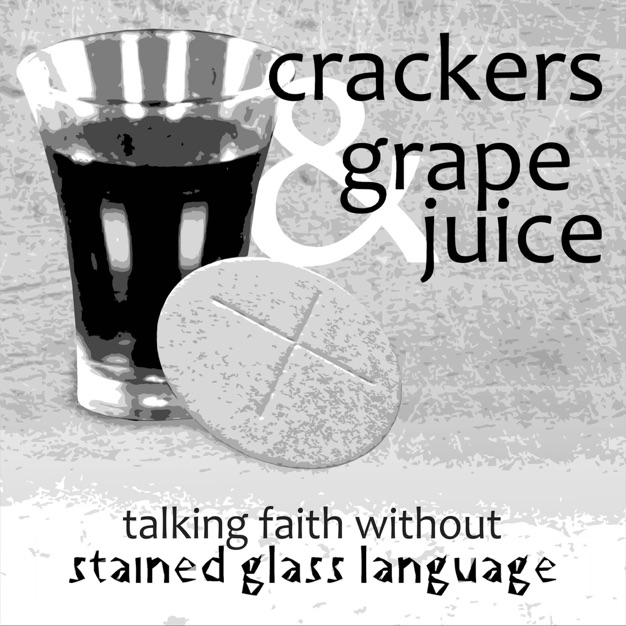We talked with Adam Morton recently about Dietrich Bonhoeffer, the culture war over the new biopic film, and how to think critically and charitably about figures of history. A friend from Mockingbird Ministries, Adam is the Teaching Associate in Christian Theology, Faculty of Arts at the University of Nottingham in the United Kingdom.
Adam's thoughts on the Bonhoeffer film which prompted our conversation:
Too many people write, speak, opine about the guy (now me included). There are too many bad reasons to take him up (needing to find a 'good German' in the disaster of the Third Reich, wanting martyr fairy dust for one's arguments, finding his still developing theology easy to cherry-pick for a range of positions) that easily overwhelm the good ones. Yes, he's intellectually interesting. That's not why you know his name.
Consider what would have happened if he'd survived the war - he likely becomes a significant figure in postwar German theology, as subject to suspicion as the rest of them. Aside from those of you who are actually into 20th century German theology in a big way, you'd never have heard of him.
All that makes me think that the overwhelming bulk of the power of Bonhoeffer as a name is not in his theology or in what little resistance he mustered, but in our psychological and spiritual need to confirm that if we ourselves were ever put in an untenable situation like that, we could come out virtuous and heroic. I guess I find that sort of self-soothing dangerous rather than inspiring. Well, it is inspiring, in a way - but not in a way that I'm confident comes from God.
All that is to take nothing away from the man, and what his life and work were. (It's also no shot at the people who've done good work on him.) But if it were up to me we'd impose a 25 year moratorium on the Bonhoeffer Industry, including its academic side, and once that's run its course we could check and see where we're at with the guy and what role we actually need him to play in our theological universes.
Show Notes
Summary:
The conversation delves into the complexities of Dietrich Bonhoeffer's theology and legacy, particularly in light of recent cultural interpretations and the release of a new film about him. The speakers discuss Bonhoeffer's historical context, his theological development, and the implications of his martyrdom. They also explore how Bonhoeffer is often misinterpreted or oversimplified in modern discussions, especially in relation to contemporary culture wars. In this conversation, the speakers delve into the complexities of historical figures, particularly Dietrich Bonhoeffer, and how their legacies are interpreted and utilized within the church. They discuss the importance of understanding the multifaceted nature of these figures, the challenges of navigating cultural differences, and the nuances of patriotism in a global context. The conversation emphasizes the need for thoughtful engagement with history and theology, encouraging listeners to approach these topics with care and depth.
Takeaways:
- Bonhoeffer's legacy is often oversimplified in modern discourse.
- Understanding Bonhoeffer requires a deep dive into German Lutheranism.
- His martyrdom leaves us with an incomplete theological picture.
- Cultural context is crucial for interpreting Bonhoeffer's actions.
- Bonhoeffer's resistance was complex and morally ambiguous.
- The use of Bonhoeffer in culture wars can distort his message.
- His writings reflect a developing theology that was cut short.
- Bonhoeffer's context was vastly different from American evangelicalism.
- The film about Bonhoeffer raises questions about historical accuracy.
- Engagement with Bonhoeffer's work should be nuanced and critical. No historical figure is pristine; they are complex and multifaceted.
- Bonhoeffer's legacy belongs to the church, not just his family.
- It's important to speak truthfully about historical figures without idealizing them.
- Understanding Bonhoeffer requires knowledge of his time and context.
- Cultural differences can shape our perceptions and experiences.
- Clergy should avoid censorship and engage thoughtfully with culture.
- Getting to know historical figures is a slow and nuanced process.
- Patriotism can be complicated, especially in post-war contexts.
- The church must be the ultimate arbiter of theological interpretations.
- Engagement with history requires time and careful consideration.
